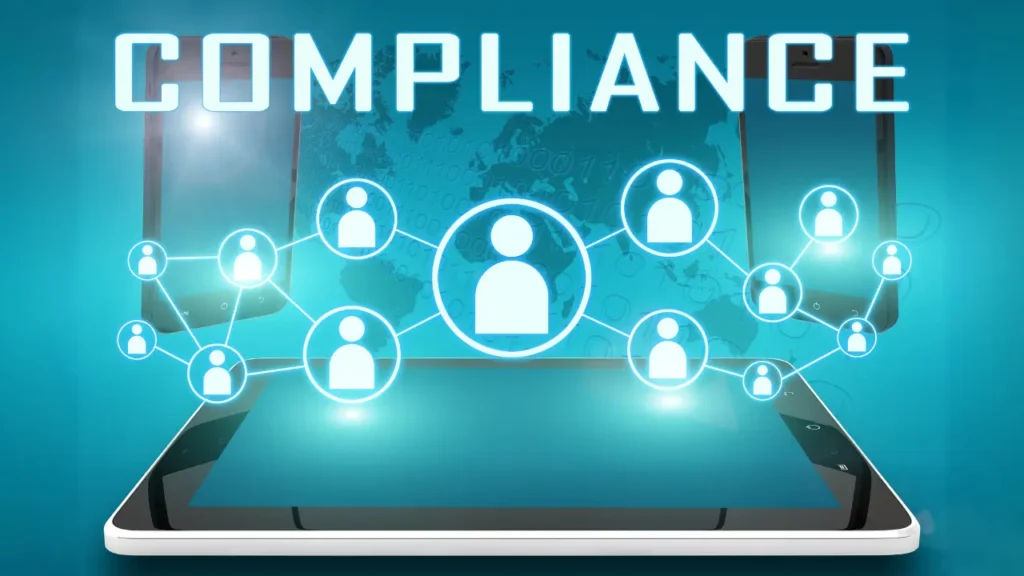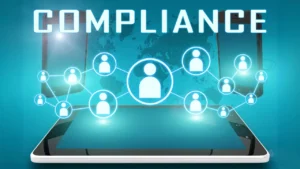Introduction:
Medical audits have always been a vital part of the healthcare industry. They ensure that healthcare providers follow the regulations set by payers, reduce fraud, and maintain the integrity of the billing process. However, traditional audits are reactive. Audits typically occur after services are rendered, leading to delays, costly corrections, and even compliance risks.
With the rise of AI in healthcare, the future of medical audits is transforming into a proactive, real-time compliance model. This shift allows healthcare providers to validate their claims as they are made, ensuring that everything from billing codes to patient information is accurate and compliant — before the submission reaches the payer. In this blog, we’ll explore how real-time compliance and AI technologies can revolutionize the audit process; reducing risk and increasing efficiency.
The Traditional Audit Process and Its Limitations
In the past, audits were a reactive process. Healthcare providers submitted claims for reimbursement, and if an audit found issues — whether it was due to incorrect coding or missing documentation — corrections had to be made, often months after services were provided. This process led to delays in payment, errors in reporting, and strained resources.
Moreover, audits often had a limited scope, focusing on a small sample of claims rather than providing continuous oversight. This could lead to undetected errors that snowballed into larger issues, resulting in fines or even fraud allegations.
The traditional audit process often involves:
- Manual Review: Coders and billing specialists manually verify claims before submission.
- Late Detection of Issues: Errors are usually identified after claims are submitted, leading to corrections and delays.
- High Operational Costs: Managing audits in a reactive manner can be resource intensive.
The Rise of Real-Time Compliance
The future of audits lies in the ability to check for compliance during the submission process, not after the fact. With AI-powered tools, healthcare providers can now use real-time compliance checks to catch issues instantly and correct them before submitting claims.
Real-time compliance means that as a coder or biller enters data, the system automatically checks for:
- Correct modifier application: Ensuring modifiers are applied appropriately based on payer guidelines.
- Proper coding: Verifying that the correct CPT, ICD, and HCPCS codes are used for the procedures performed.
- Document completion: Checking that all necessary documents are attached and that everything required for a claim is provided.
This proactive approach helps healthcare providers:
- Minimize Errors: Catch mistakes in real-time, avoiding costly corrections down the line.
- Speed Up the Billing Process: Real-time compliance ensures claims are ready for submission immediately, reducing delays.
- Increase Audit Readiness: With real-time checks in place, your practice is continuously prepared for audits without the risk of surprises.
How AI Enhances Real-Time Compliance

AI plays a pivotal role in transforming audits from a reactive to a proactive process. By integrating AI into coding and billing workflows, healthcare providers can ensure continuous compliance checks at every step.
Here’s how AI enhances real-time compliance:
- Automated Data Validation: AI tools like MediCodio automate the validation of CPT, ICD, and HCPCS codes, making sure they are applied correctly based on the procedure descriptions, payer requirements, and the patient’s condition. This reduces human error and ensures claims are compliant from the start.
- Instant Feedback: Coders and billers receive instant feedback from AI tools, alerting them to potential errors or missing information. This eliminates the need for post-submission corrections, significantly speeding up the claim process.
- Advanced Pattern Recognition: AI tools are trained to recognize patterns in data, identifying inconsistencies that a human coder might miss. This helps catch errors like duplicate procedures or incorrect coding combinations before they become major issues.
- Continuous Monitoring: AI doesn’t just check individual claims; it continuously monitors all claims across an organization, ensuring ongoing compliance and identifying trends in errors or inconsistencies.
Best Practices for Implementing Real-Time Compliance
To fully leverage real-time compliance, healthcare providers must implement a few best practices:
- Integrate AI-Powered Coding Tools: AI tools like MediCodio provide real-time validation, ensuring that coders can submit compliant claims with confidence.
- Train Your Team: Ensure that your coders and billers understand how to use AI tools effectively. Training them to leverage real-time feedback will help streamline the billing process and reduce errors.
- Collaborate Across Departments: Real-time compliance requires input from clinical, coding, and billing teams. By collaborating and ensuring everyone is on the same page, healthcare providers can ensure that their claims are accurate from every angle.
- Monitor Compliance Continuously: Real-time compliance doesn’t stop at claim submission. Continuous monitoring ensures that the organization stays audit-ready and compliant at all times, eliminating surprises during post-submission audits.
Conclusion
The shift from reactive to real-time compliance in medical audits is transforming the healthcare industry. By adopting AI-driven coding tools, healthcare providers can ensure that every claim is compliant before it is even submitted. This proactive approach not only reduces audit risk but also speeds up the billing process, minimizes errors, and ultimately leads to better financial and operational outcomes.
With AI-powered tools like MediCodio, real-time compliance becomes not just a possibility but a reality. As the healthcare industry continues to embrace technology, real-time compliance will be the future of medical audits — reducing the burden on coders, billers, and administrators, while ensuring that healthcare providers stay ahead of regulatory demands.
5 FAQs:
- What is real-time compliance in medical audits?
Real-time compliance refers to the ability to validate medical claims during the submission process, ensuring they meet payer guidelines and compliance standards before submission.
- Why is real-time compliance important?
It minimizes the chances of errors, speeds up the billing process, reduces operational costs, and ensures healthcare providers are always audit-ready.
- How does AI help with real-time compliance?
AI tools automate the validation of coding, modifiers, and documentation, providing instant feedback to ensure compliance during claim submission.
- What are the benefits of real-time compliance?
It improves claim accuracy, reduces audit risks, accelerates payment cycles, and ensures that healthcare providers are always prepared for audits.
- How can I implement real-time compliance in my practice?
By integrating AI-driven coding tools like MediCodio, training your coding team, and continuously monitoring claims for compliance, you can ensure real-time validation of all submissions.




